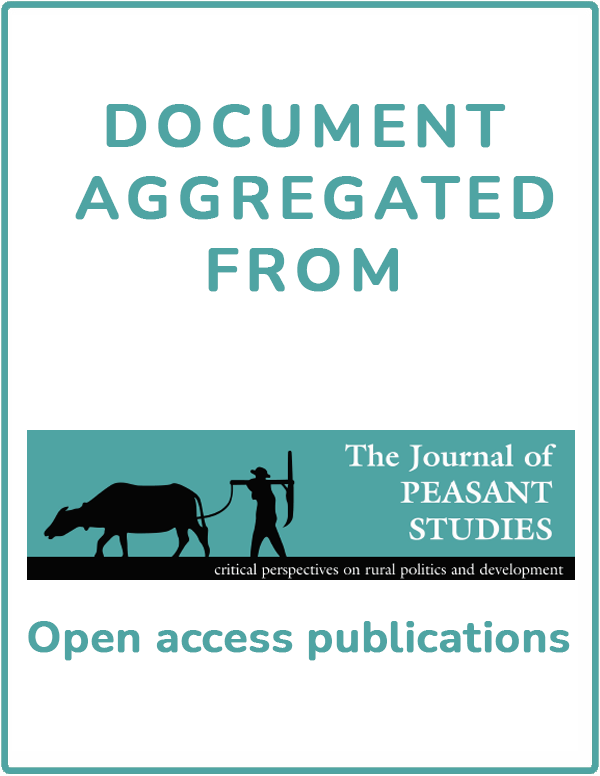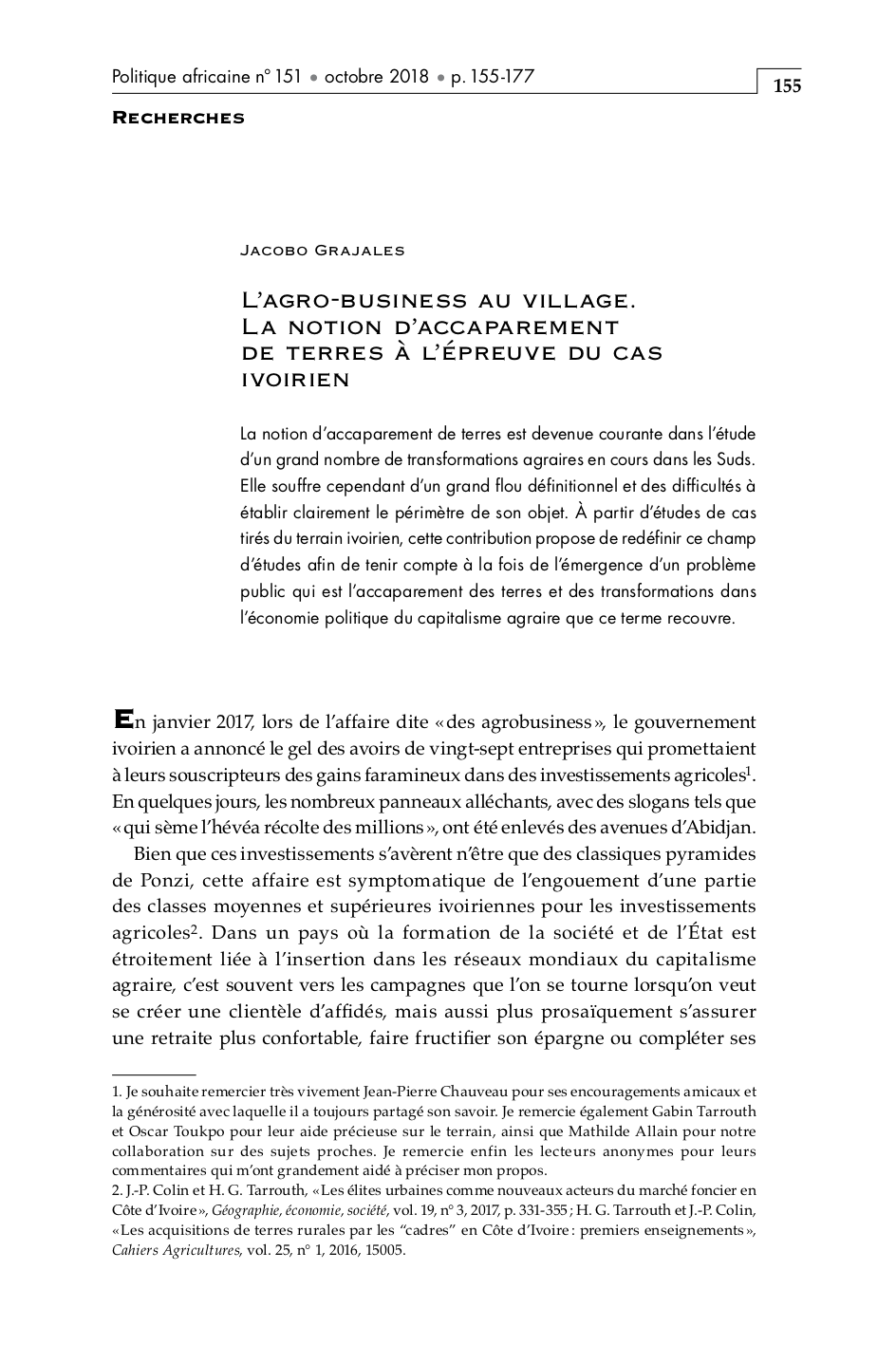Land rights in Africa are about people;not paperwork
A 22 minute video about one of the biggest cases of agricultural land grabbing in Senegal: 20,000 hectares;first allocated to Senhuile-Sénéthanol;now known as Les Fermes de la Téranga. The Italian investors Tampieri Financial Group pulled out of the project in 2017 and the new owners – Agro Industries Corp;based in the tax haven of the Cayman Islands – arrived in 2018.





